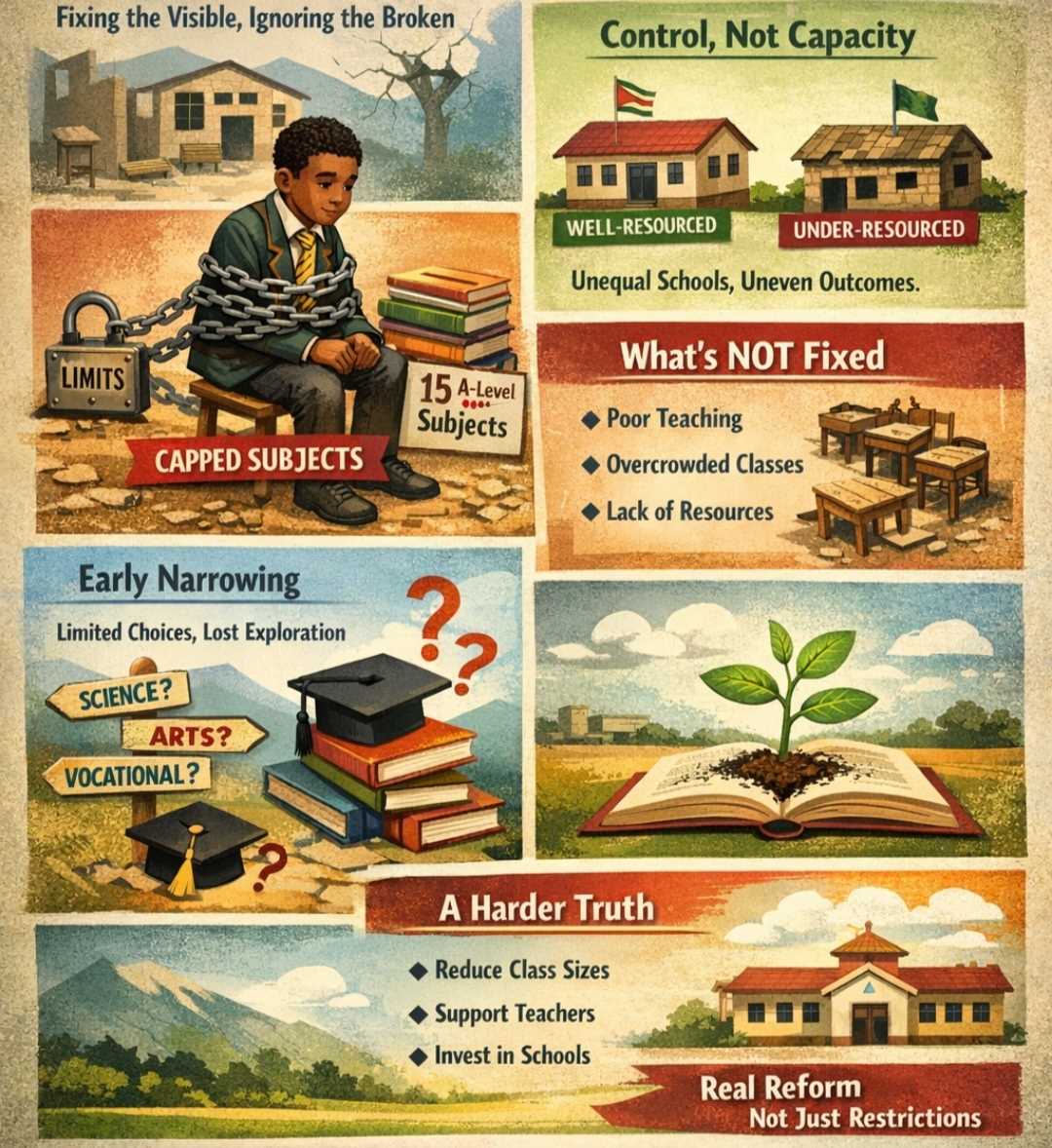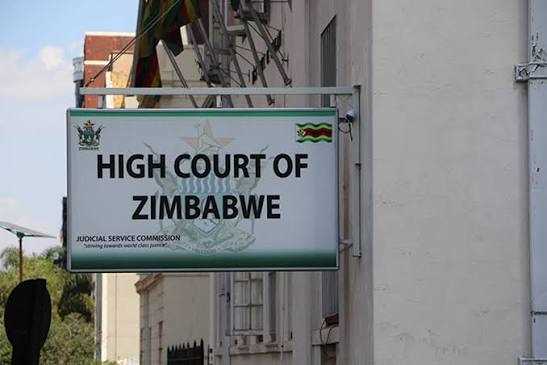
Nyashadzashe Ndoro
Concerns have been raised over the possibility of 2024 becoming a tougher year for Zimbabweans due to the worsening economic crisis driven by the El Nino-induced drought, which is affecting the current cropping season.
In its half-year abridged income statement, Seed Co, Zimbabwe’s leading company in breeding, producing and marketing hybrid field crops, said maize seed sales have decreased due to low rainfall.
The company said maize seed sales volumes for September half-year fell 22% compared with last year. But wheat and barley seed sales were higher than in 2022.
“Maize sales started slower because of the forecast El Nino-induced drought this cropping season
“Wheat 5 962MT sold in Zimbabwe was 6% higher than PYr despite challenges experienced by farmers in the winter cropping season
“Barley sales were higher at 864 mt compared to 550 mt previous year,” Seed Co said.
Related Stories
The World Bank has since noted that Zimbabwe’s economy is projected to slow to 3.5% in 2024. It also cautioned authorities against expensive loans and too much printing of money.
Economist Tinashe Murapata believes that diaspora remittances, which are the main source of foreign currency inflows, are expected to slow down.
“2023 was a tough year for Zimbabwe and 2024 will be tougher. The rains have failed to come and GMB (Grain Marketing Body) probably has two months cover at best, therefore Zimbabwe has to be import,” he said.
“Budget assumptions were woefully inadequate with much reliance on new taxes. The new taxes will lead to tax evasion and savings moving elsewhere.
“Diaspora remittances will shrink for the first time and exports will reduce given global prices.
“Treasury will continue to bury their heads in the sand while the government of Zimbabwe will not stop the political programmes that result in unbudgeted spending.
“The best advice I can offer is to prepare for new inflation that will start affecting Nostro besides the ZWL inflation.”




















Leave Comments